In this compelling episode of the podcast, we delve deep into the intricacies of the Yoga and Wellness communities with seasoned yoga teachers who have critically observed the industry for over 20 to 30 years. Their unique perspectives shed light on the blend of spirituality and pseudoscience prevalent within these circles, highlighting the phenomenon of spiritual bypassing and the depoliticization of core human concerns.
The discussion takes a turn towards the alarming spread of conspiratorial content witnessed in 2020, as the pandemic began to unfold. The guests share their astonishment at the scale and ubiquity of conspiracy theories within their social circles, including those propagated by previously respected figures like Charles Eisenstein. This shift towards conspiratorial thinking, especially within spiritual communities, is thoroughly examined, exploring how New Age beliefs intertwined with right-wing ideologies.
The conversation then transitions to the broader implications of such shifts, discussing the phenomenon of “conspirituality” – a blend of New Age spirituality with conspiratorial thinking. This discussion uncovers the intricate ways spiritual and wellness communities became breeding grounds for conspiracy theories, including QAnon, and how this has affected the perception of these communities.
As the episode progresses, the focus shifts to the inner workings of spiritual growth, the dangers of over-reliance on intuition, and the risks associated with seeking control over reality through spirituality. The guests eloquently dissect the allure of seeking certainty in an uncertain world and the potential harm in externalizing control to achieve spiritual or worldly goals.
Concluding on a reflective note, the conversation emphasizes the importance of grounding spiritual practices in reality, acknowledging the human need for ritual, myth, and grounding without succumbing to shortcuts that promise control or certainty. This episode invites listeners to explore the balance between the mystical and the material, urging a cautious approach to spirituality that respects the complexity of the human experience.
Tune into this enlightening episode for a deep dive into the shadowy corners of the Yoga and Wellness communities, the rise of “conspirituality,” and the journey towards authentic spiritual growth. Discover more about the guests and their work by visiting their websites and exploring their contributions to the discourse on spirituality and wellness.
Did you enjoy this article? Checkout the podcast here: https://gettherapybirmingham.podbean.com/
Bibliography:
Eisenstein, C. (2020). The Coronation. Tricycle. Hanegraaff, W. J. (2019). New Age Spirituality: Rethinking Religion. Brill. Hammer, O. (2004). Claiming Knowledge: Strategies of Epistemology from Theosophy to the New Age. Brill. Lipson, D. (2020). Conspirituality: The Intersection of Conspiracy Theories and Wellness. The Revelator. Ward, C. (2011). Countering the Spiritualization of Politics: Hannah Arendt, Religion, and the Public Realm. Critical Review of International Social and Political Philosophy, 14(3), 323-341.
Further Reading:
Boyce-Tillman, J. (2016). Experiencing Music – Restoring the Spiritual: Music as Well-Being. Peter Lang. Greenfield, P. M. (2009). Technology and Informal Education: What is Taught, What is Learned. Science, 323(5910), 69-71. Heelas, P., & Woodhead, L. (2005). The Spiritual Revolution: Why Religion is Giving Way to Spirituality. Blackwell Publishing. Jarkko, L. (2001). The Social Embodiment of the Mind-Body Split in Popular Yoga. Temenos, 37(38), 101-116. Sedgwick, M. (2020). Key Thinkers of the Radical Right: Behind the New Threat to Liberal Democracy. Oxford University Press. Singleton, M. (2010). Yoga Body: The Origins of Modern Posture Practice. Oxford University Press. Ward, C. (2004). Selling Spirituality: The Silent Takeover of Religion. Routledge.




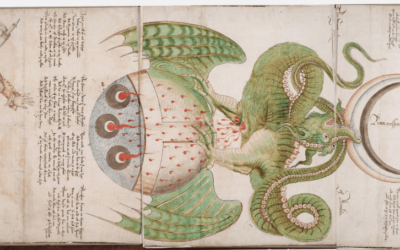
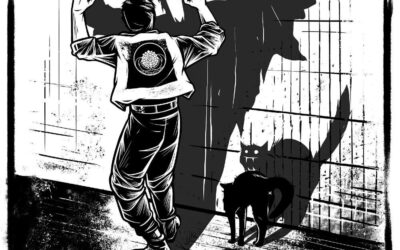








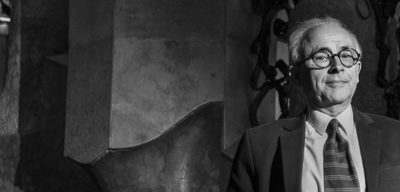
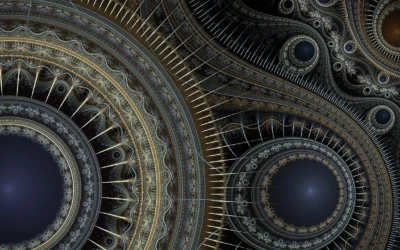


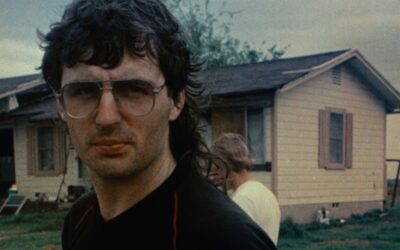
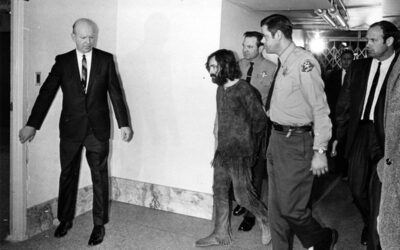

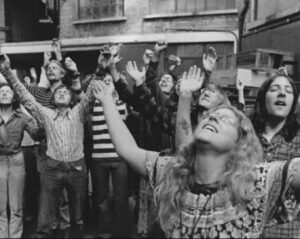
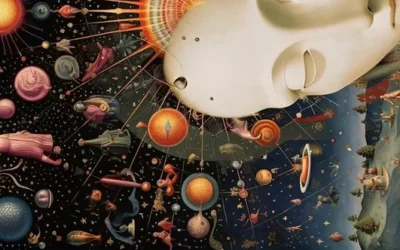
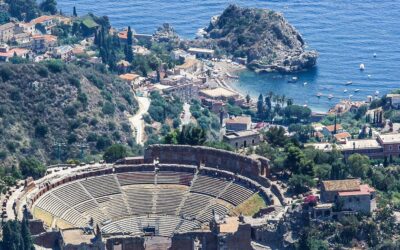
0 Comments